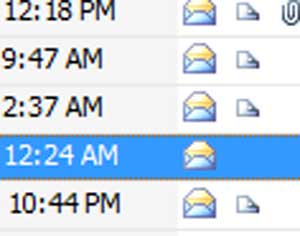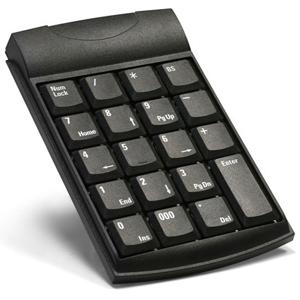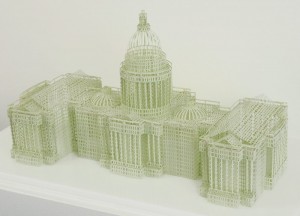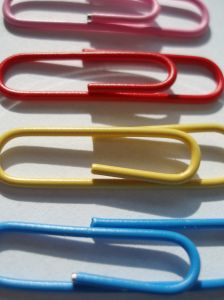#43 Coworker Gossip
Jul 16th, 2009 by pfi
 You might not expect it, but accountants are nonstop gossipers. This could be because it happens behind your back.
You might not expect it, but accountants are nonstop gossipers. This could be because it happens behind your back.
Not just yourself, but everyone they work with and run into. The Starbucks barista? Check. The receptionist in the lobby? Check. The accountant’s manager? Check.
When accountants get together and spread gossip, it’s usually not never about nice things.
When you work with an accountant over an extended period of time, you will know everything there is to know about everyone else they work with. More accurately, you will know all the stupid things an accountant’s coworkers have done. You may not even want to know what food allergies or racist remarks were made the other day by people you don’t even know, but you get the pleasure of finding out.
All this gossip becomes downright annoying. It’s perfectly natural to want an accountant to stop talking (or shut up) about other people during every conversation.
Because of the office gossip and privileged information accountants are entitled to, accountants are powerful social networkers. They are usually the one to break the news that so and so is going out with that person. Or they pass along the latest inappropriate comment made by their boss.
If you are working with an accountant, you have a number of paths. You can participate in the gossip train-wreck or you can try having a real conversation about something outside of work. Good luck about #2 though. Just remember that anything you tell an accountant is basically told to the entire office.


 Accountants work a lot. This much is known. Since accountants
Accountants work a lot. This much is known. Since accountants  Accountants are rather fond of interns, both being an intern and having one to order around. Interns are great targets for pranks and the perfect excuse to blow the budget. Three words: “It’s for recruiting.”
Accountants are rather fond of interns, both being an intern and having one to order around. Interns are great targets for pranks and the perfect excuse to blow the budget. Three words: “It’s for recruiting.” A USB keypad could pass for an accountant’s best friend.
A USB keypad could pass for an accountant’s best friend.


 Accountants are on top of numbers. It’s what they do, being that their job is to take numbers, organize them, and present them in financials.
Accountants are on top of numbers. It’s what they do, being that their job is to take numbers, organize them, and present them in financials. After busy season (or in reality, after each assignment), accountants fill out a self-assessment form. The thinking here is that accountants can be honest with themselves and write down all the things that went well and all the things that can be improved upon. The reality is that it’s a non-stop fluff piece that wastes paper and more important – time.
After busy season (or in reality, after each assignment), accountants fill out a self-assessment form. The thinking here is that accountants can be honest with themselves and write down all the things that went well and all the things that can be improved upon. The reality is that it’s a non-stop fluff piece that wastes paper and more important – time. Accountants have horrible e-mail signatures. Not that anyone has a good e-mail signature to begin with.
Accountants have horrible e-mail signatures. Not that anyone has a good e-mail signature to begin with.